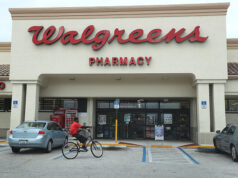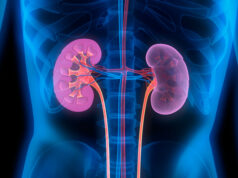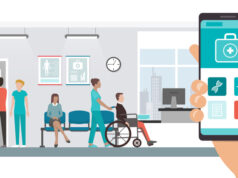Just days after the FDA accepted the application for Gilead Sciences’ second CAR-T cell product, it has also accepted a CAR-T regulatory application from what could become the third company to win approval by this summer.
New York-based Bristol-Myers Squibb said Thursday that the FDA had accepted and granted priority review to its application for lisocabtagene maraleucel, which it is developing for diffuse large B-cell lymphoma. The company said the FDA is expected to reach its decision of whether or not to approve therapy by Aug. 17.
The CAR-T, known as liso-cel for short, targets the antigen CD19 on the surface of cancerous B cells, similar to the two marketed CAR-Ts, Novartis’ Kymriah (tisagenlecleucel) and Gilead’s Yescarta (axicabtagene ciloleucel). Both constructs are approved for DLBCL, while Kymriah is additionally approved for pediatric acute lymphoblastic leukemia. Gilead said Monday that it got a priority review for its second CAR-T, KTE-X19, in mantle cell lymphoma.
BMS acquired liso-cel when it bought Celgene last year for $74 billion. Celgene itself had taken control of the therapy when it acquired Juno Therapeutics in 2018 for $9 billion. The application is based on results from the Phase I TRANSCEND NHL 001 trial. Through the Celgene acquisition, BMS is also developing – through a partnership with bluebird bio – idecabtagene vicleucel, which this year could also become the first CAR-T approved for multiple myeloma.
“There remains a critical need for additional therapies in large B-cell lymphoma, particularly for relapsed or refractory patients,” BMS senior vice president for cellular therapy development Stanley Frankel said in a statement. “Based on the TRANSCEND NHL 001 data, liso-cel has the potential to expand treatment options for those affected by thii’s aggressive blood cancer who did not respond to initial therapies or whose disease has relapsed.”
Although liso-cel, if approved, would have the disadvantage of being the third to market after Kymriah and Yescarta – both approved in 2017 – one potential advantage is its favorable toxicity profile relative to the other two CAR-Ts, particularly in terms of the most problematic toxicities associated with CAR-Ts, cytokine release syndrome and neurological toxicity. That has raised the possibility of liso-cel being given in an outpatient setting, rather than patients having to stay in the intensive care unit.
According to results presented at the American Society of Hematology’s annual meeting in December, CRS and neurotoxicity graded as severe or worse occurred in only 2% and 10% of patients, respectively. Meanwhile, there were four deaths in the study deemed related to liso-cel.
For Yescarta, severe or worse CRS occurred in 13% of patients in the CAR-T’s pivotal trial, while neurotoxicity of similarly high grades occurred in up to 29%, in the case of encephalopathy. Most patients experienced CRS, which was fatal in 1% of cases. Among patients in the pivotal trial for Kymriah, severe or worse CRS occurred in 23%, while encephalopathy at similar grades occurred in 11%.
Photo: royaltystockphoto, Getty Images







